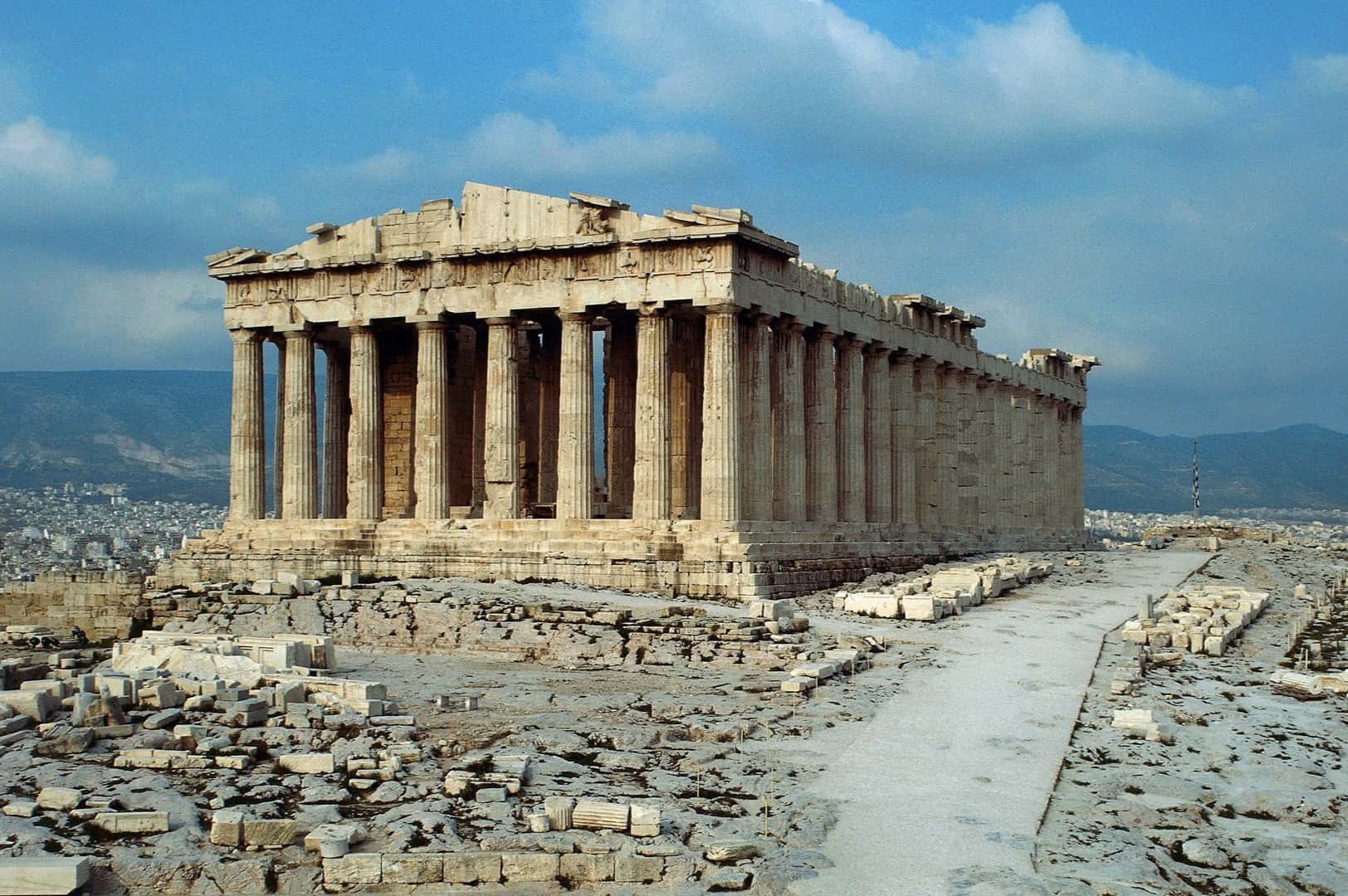
Ancient Greece was a civilization that left a lasting impact on the world. From democracy to philosophy, their contributions shape our lives even today. But what do we really know about this fascinating era? Did you know that the Greeks invented the Olympic Games? Or that they had a complex system of gods and goddesses who ruled over every aspect of life? Ancient Greece wasn't just about warriors and philosophers; it was a society rich in culture, art, and innovation. In this blog post, we'll uncover 29 intriguing facts about Ancient Greece that will surprise and enlighten you. Get ready to travel back in time and discover the wonders of this incredible civilization!
Geography and City-States
Ancient Greece's geography played a crucial role in shaping its culture and politics. The mountainous terrain and scattered islands led to the development of independent city-states.
- Greece's landscape is 80% mountainous, making travel and communication challenging.
- The country consists of over 1,400 islands, with Crete being the largest.
- Athens and Sparta were the most famous city-states, often rivals in politics and warfare.
- Each city-state, or polis, had its own government and laws, fostering a sense of independence.
Society and Daily Life
Daily life in Ancient Greece varied greatly depending on one's social status and city-state. From education to entertainment, the Greeks had a rich and diverse culture.
- Boys in Athens started school at age seven, learning reading, writing, and arithmetic.
- Spartan boys began military training at age seven, focusing on discipline and endurance.
- Greek homes were typically made of mud bricks and had an open courtyard.
- Meals often included bread, olives, cheese, and wine, with meat being a luxury.
Religion and Mythology
Religion was deeply intertwined with daily life in Ancient Greece. The Greeks believed in a pantheon of gods and goddesses who controlled various aspects of the world.
- Zeus was the king of the gods, ruling from Mount Olympus.
- Athena, the goddess of wisdom, was the patron deity of Athens.
- The Greeks believed in an afterlife, with the underworld ruled by Hades.
- Festivals and sacrifices were common, with the Olympic Games originally held in honor of Zeus.
Art and Architecture
Ancient Greek art and architecture have left a lasting legacy, influencing countless cultures and styles throughout history.
- The Parthenon, a temple dedicated to Athena, is one of the most famous examples of Greek architecture.
- Greek sculptures often depicted idealized human forms, emphasizing beauty and proportion.
- Pottery was both functional and decorative, with intricate designs telling stories of gods and heroes.
- The Greeks developed three architectural orders: Doric, Ionic, and Corinthian, each with distinct characteristics.
Philosophy and Science
Ancient Greece was a hub of intellectual activity, with philosophers and scientists making groundbreaking contributions to various fields.
- Socrates, Plato, and Aristotle are among the most influential philosophers in history.
- Pythagoras is best known for the Pythagorean theorem in mathematics.
- Hippocrates, often called the "Father of Medicine," established principles still used in modern medicine.
- The Greeks made significant advancements in astronomy, with figures like Ptolemy mapping the stars.
Warfare and Military
Warfare was a constant in Ancient Greece, with city-states frequently clashing over territory and power.
- The Persian Wars saw Greek city-states unite against the Persian Empire, with battles like Marathon and Thermopylae becoming legendary.
- The Peloponnesian War was a protracted conflict between Athens and Sparta, ultimately leading to Sparta's victory.
- Greek soldiers, known as hoplites, fought in a phalanx formation, providing mutual protection with their shields.
- Naval warfare was also crucial, with triremes being the dominant warships of the time.
Legacy and Influence
The legacy of Ancient Greece can be seen in many aspects of modern life, from government to sports.
- Democracy, first practiced in Athens, has influenced political systems worldwide.
- The Olympic Games, originating in Olympia, continue to be a global event every four years.
- Greek literature, including works by Homer and Sophocles, remains studied and revered.
- The Greek language has contributed many words to English, especially in science and philosophy.
- Ancient Greek principles of architecture and art continue to inspire contemporary design and aesthetics.
Ancient Greece's Lasting Impact
Ancient Greece's influence still shapes our world. From democracy to philosophy, their ideas laid the groundwork for modern society. The Olympic Games started there, uniting athletes globally. Greek mythology continues to inspire literature, movies, and art. Their architectural marvels, like the Parthenon, showcase advanced engineering and aesthetics. Socrates, Plato, and Aristotle set the stage for Western thought. Even the Greek language contributed many words to English. Understanding these facts helps us appreciate how much we owe to this ancient civilization. Their achievements in science, politics, and culture remain relevant today. Ancient Greece wasn't just a historical period; it was a foundation for much of what we value now. So next time you see a marble statue or hear about democratic principles, remember the Greeks' lasting legacy. Their contributions continue to enrich our lives in countless ways.
Was this page helpful?
Our commitment to delivering trustworthy and engaging content is at the heart of what we do. Each fact on our site is contributed by real users like you, bringing a wealth of diverse insights and information. To ensure the highest standards of accuracy and reliability, our dedicated editors meticulously review each submission. This process guarantees that the facts we share are not only fascinating but also credible. Trust in our commitment to quality and authenticity as you explore and learn with us.


